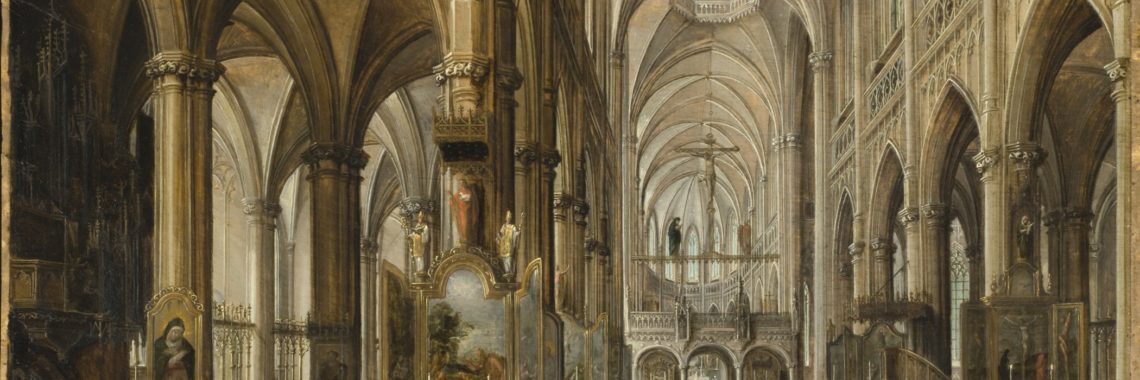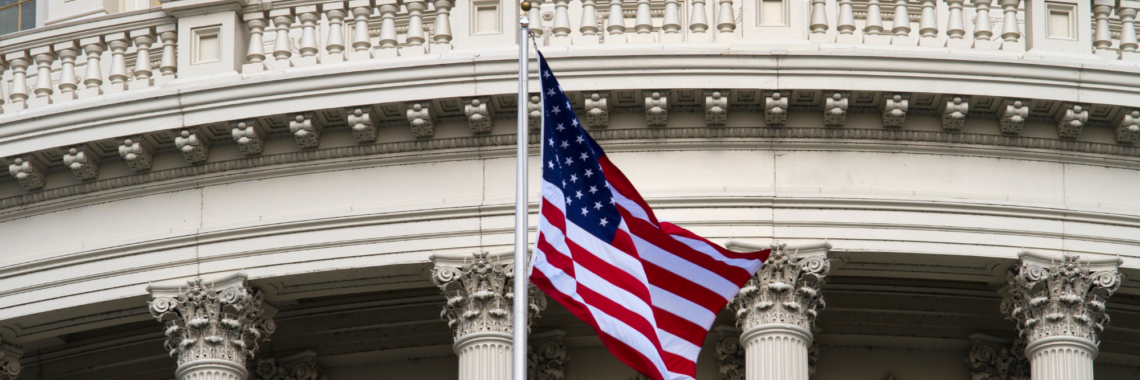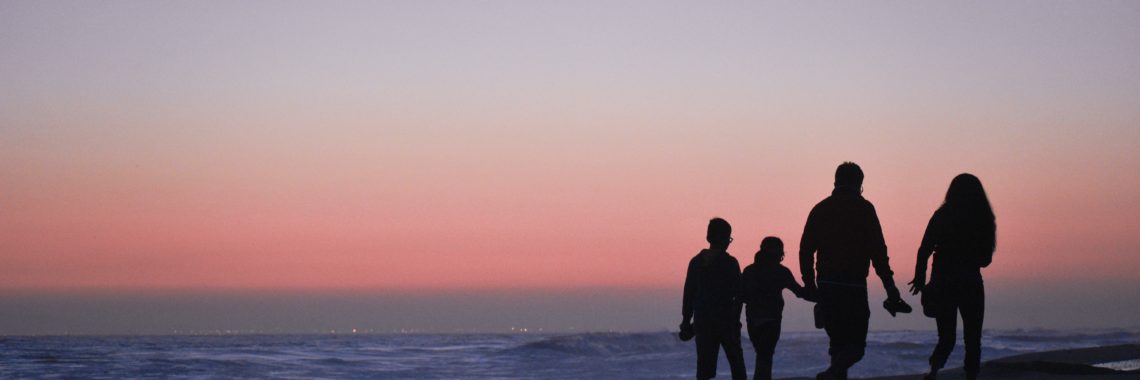“Public Health, Public Trust, and Faith Communities” by Michael J. DeBoer
Photo by Pedro Lima on Unsplash. In a recently issued report, the RAND Corporation highlighted a dimension of the impact that the government response to the coronavirus disease 2019 (COVID-19) pandemic has had on trust. It noted that trust in the United States Centers for Disease Control and Prevention (CDC) declined significantly between May and…











